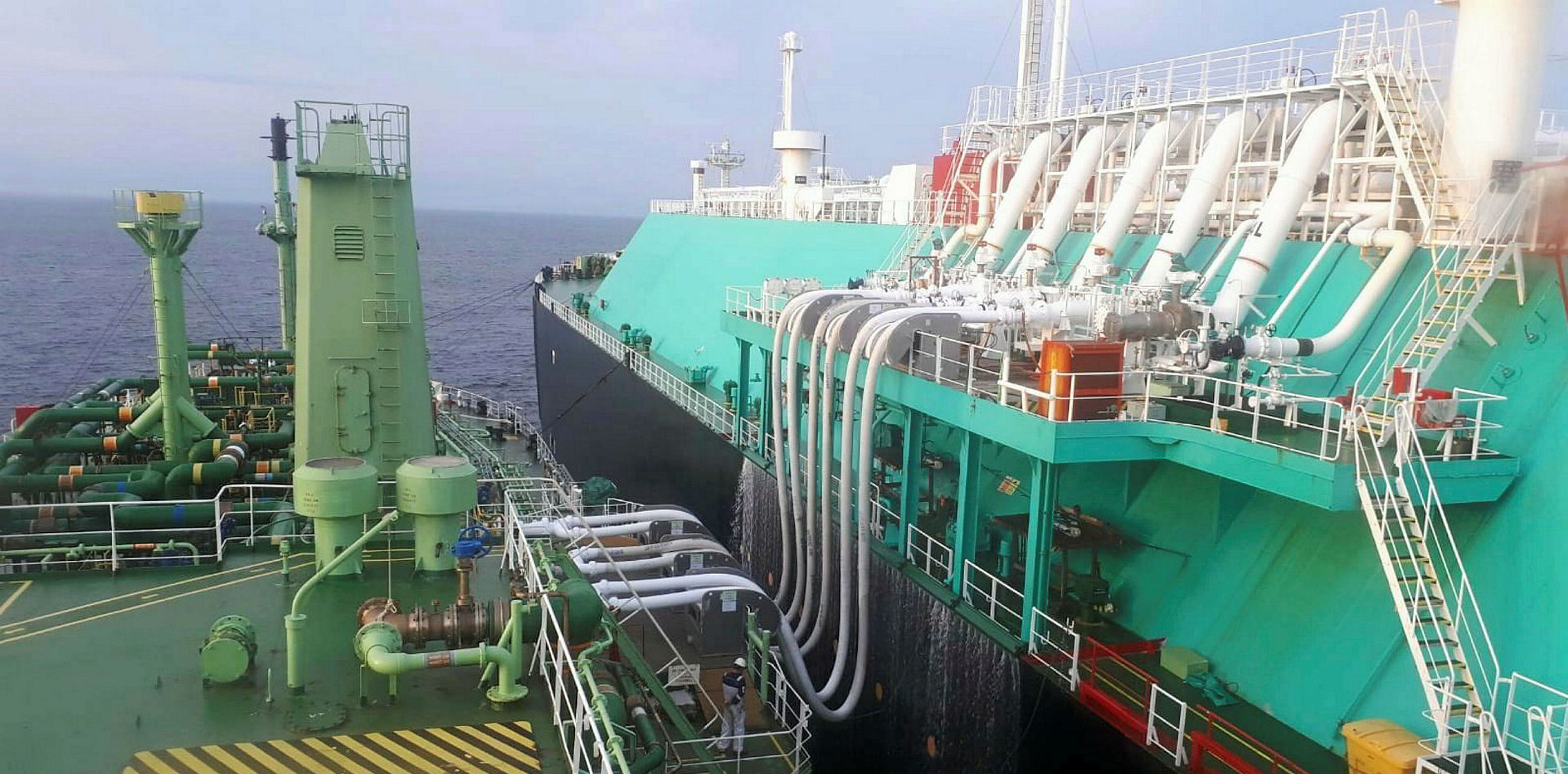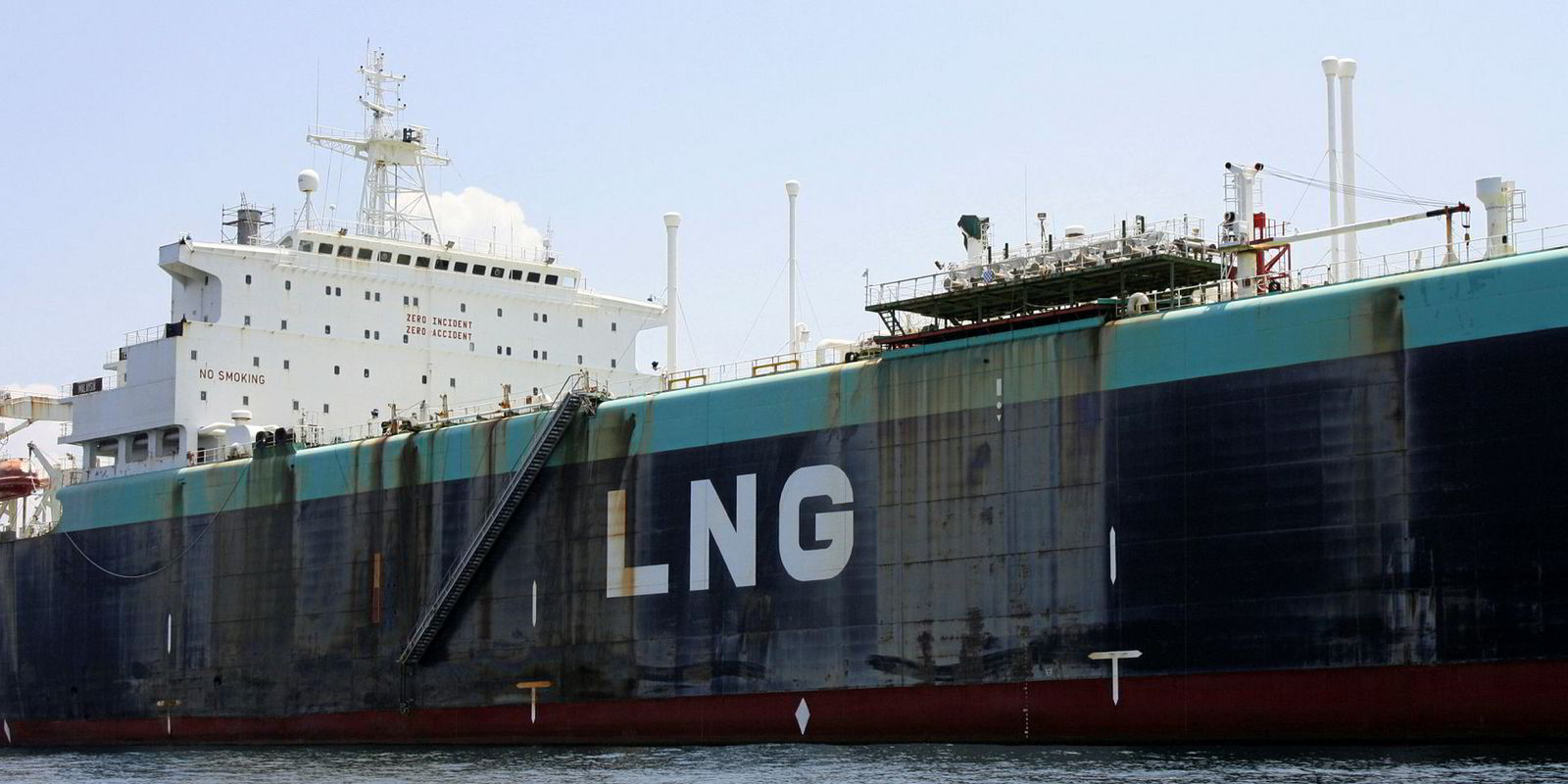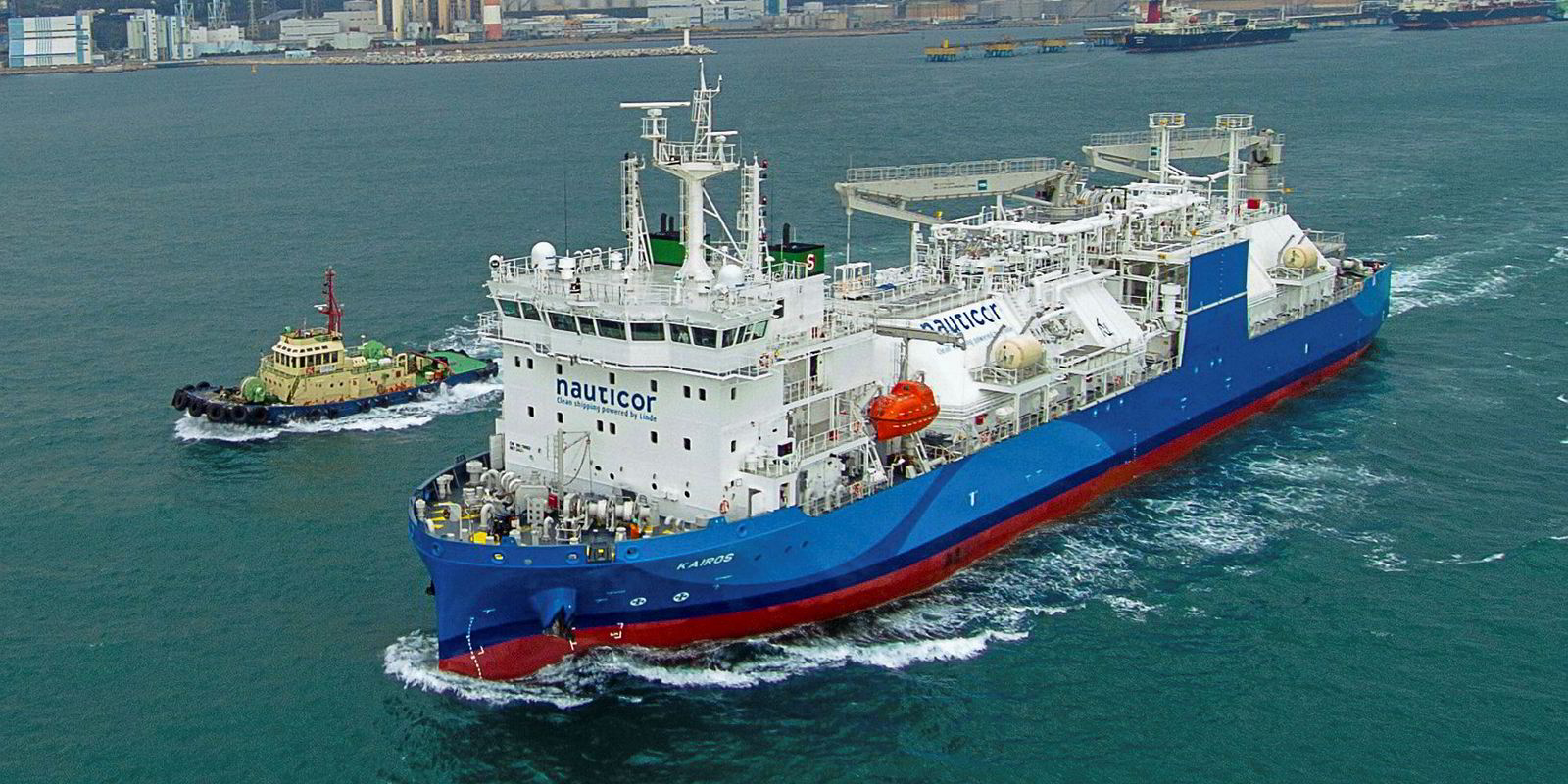Petronas is looking at opportunities to develop LNG bunkering facilities in China as part of its efforts in harnessing demand growth of the key market, according to a company official.
The Malaysian state-owned energy conglomerate’s senior general manager, Azman Aziz, suggested Petronas would look to supply LNG to its planned bunkering operations in China.
“China is one of the important markets for us…[We are] not only just looking at the supply of LNG, but also downstream integration,” Azman said, speaking to TradeWinds during IP Week.
Petronas is studying on potential local partnership to bring the project to reality, but Azman declined to comment further at the stage.
While traditionally focusing more on Japanese and South Korean clients, Petronas has been increasingly relying on China as an LNG demand source in recent years.
With Beijing’s strong environmental push, China is widely expected to experience the world’s fastest gas demand growth in the coming decades. BP has anticipated Chinese LNG imports will increase to 139 billion cubic metres in 2040 from 53 million cubic metres in 2017.
Malaysia was the world’s third largest LNG exporting nation in 2017, according to the International Gas Union, but the Southeast Asian country’s natural gas reserves are dwarfed by those of Qatar and the US.
“We can’t compete with suppliers like Qatar [volume-wise],” Azman said. “We have to be more creative.”
With LNG being one of the fuel options for vessels to meet the IMO 2020 rules, Petronas has stated its ambition to build a regional LNG bunkering hub at home.
Last November, the company completed its first operation to reload LNG for bunkers at its Regasification Terminal Pengerang in Johor. It has aimed to start commercial LNG bunkering from Melaka, Johor, Terengganu and Labuan by July.
Meanwhile, Petronas plans to convert its diesel-fuelled OSV fleet to be powered by LNG, while MISC—Petronas’ shipping subsidiary—has a long-term target to have at least 50% of its fleet running on LNG.
“What we are doing now is not just supplying LNG. We also have to create a market for it,” Azman said.





